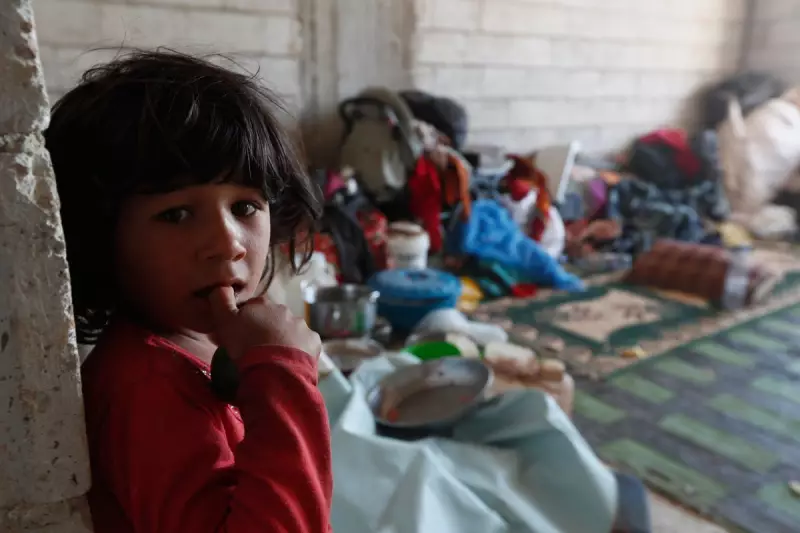
In the rugged terrain of the Golan Heights, a small Bedouin Muslim community clings to its ancestral lands, caught between the geopolitical ambitions of Israel and Syria. These Sunni Muslims, numbering around 4,000, have lived in the region for generations, yet their future remains uncertain as political tensions escalate.
A Community in Limbo
The Golan Heights, captured by Israel from Syria in the 1967 Six-Day War, has been a contentious issue for decades. While Israel annexed the territory in 1981—a move unrecognised by the international community—the Bedouin residents have found themselves in a legal and cultural limbo. Many still identify as Syrian, refusing Israeli citizenship despite the practical benefits it might offer.
Daily Struggles and Neglect
Life for the Bedouin in the Golan is marked by hardship. Basic infrastructure, such as electricity and running water, is often lacking. Schools and healthcare facilities are underfunded, and job opportunities are scarce. The Israeli government has been accused of neglecting the community, focusing instead on expanding Jewish settlements in the area.
Geopolitical Tensions
The Bedouin’s plight is further complicated by the ongoing conflict between Israel and Syria. With Syria demanding the return of the Golan Heights and Israel showing no signs of relinquishing control, the Bedouin are caught in the middle. Their loyalty is often questioned, and they face pressure from both sides.
A Fading Way of Life
Traditionally nomadic, the Bedouin of the Golan have seen their way of life erode under occupation. Restrictions on movement and land use have forced many to abandon their pastoral traditions. Younger generations, disillusioned by the lack of opportunities, are increasingly leaving for urban centres, further threatening the community’s survival.
The Road Ahead
As geopolitical tensions simmer, the Bedouin Muslims of the Golan Heights remain a forgotten people. Without significant intervention, their unique culture and heritage risk fading into obscurity. Their story is a stark reminder of the human cost of prolonged conflict and occupation.





